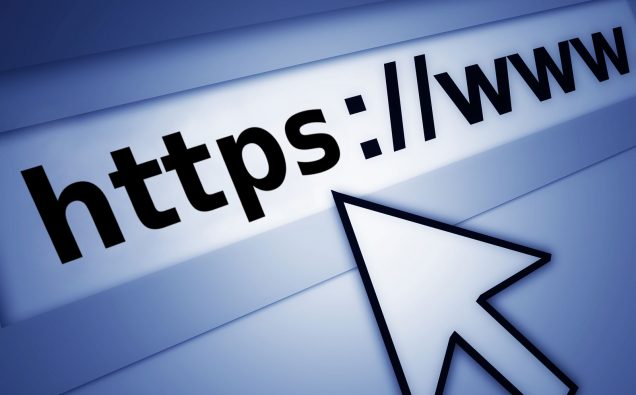
Photo: Fabio Lanari/Wikimedia Commons
This month the Federal Communications Commission announced its intent to eliminate rules that currently make the Internet available to all without any discrimination in speed and content just like other utilities under the concept called Net neutrality.
The FCC meeting on December 14 will likely revoke what the new chairman Ajit Pai calls as “vague and expansive Internet Conduct Standard” with the aim to return the Internet as an information service – as was the case before the Obama Administration enforced Net Neutrality rules.
Pai contends that the elimination of rules will stop micromanagement of the Internet service and restore the Internet freedom, just as it was in a free market up to 2015. He also believes that the ISPs will have an incentive to make investments and extend their services to the rural areas under the new restriction-free environment.
Pai says the fears over ending net neutrality rules are overstated, and that there is a recourse to justice with federal trade commission if something unfair happens among companies.
The decision has reignited a debate on implications of the upcoming change – who stands to gain and who gets affected.
.@AjitPaiFCC to @trish_regan on net neutrality: "Do you want [the internet] to be governed by engineers and entrepreneurs or do you want it to be run by bureaucrats and lawyers here in Washington?" pic.twitter.com/yVsD3ojnxm
— FOX Business (@FoxBusiness) November 22, 2017
WHAT WILL CHANGES LIKELY ENTAIL?
First of all, experts fear that the absence of a playbook for the Internet Service Providers would, in all likelihood, give them a veto power like authority on deciding the speed and content for subscribers.
That means telecommunication companies like AT&T, Verizon and Comcast will decide what and at what speed the consumers or users get the Internet on tech giants like Google, Amazon and even Facebook – setting off a feud between them.
HOW COULD THE AVERAGE USER BE IMPACTED?
The ISPs would be able to package deals for customers, making them pay higher rates for the service. For example, experts say, if there are different levels of service, that would put users like students, academics, and researchers having slower speed access to the content at a disadvantage against those who will be competing those with access to the fastest Internet service.
“Right now, the FCC has designated [the Internet] as a telecommunications service — like a phone service which includes all of the rules that apply to prevent [a company] from blocking or throttling or favoring one company over another,”Harold Feld, senior vice president with the Washington, D.C.-based nonprofit Public Knowledge, told Fox News.
“The real question, to some degree, is: is the Internet going to work like the old telephone where you get to decide who you called and what you do or is it going to become more like cable?”
“If it’s one thing that cable companies have proven to be good at over the years, it’s more ways to get money out of consumers and into their own pockets,” he told the news channel.
WILL THERE BE CHALLENGES FOR SMALL BUSINESSES AND STARTERS?
Observes say the small businesses selling content, services or products on the Internet, especially the starters, will have to spend extra money in the event of different speeds of the Internet. They will have to ensure access to faster speed or else they would be nowhere in competition against the existing much bigger rivals.
COULD THE LIFTING OF RESTRICTIONS CAUSE A DIGITAL DIVIDE?
Will the Internet become so expensive that instead of providing a level-playing field to all – users and competitors – it would end up some kind of a privilege to have?
That remains to be seen. But if that were to happen, that would mean a digital divide – between the Internet haves and the Internet haves not.
WHAT DOES THE FUTURE HOLD?
The FCC has said the ISPs would be required to be transparent in their services.
However, a lot of things at this stage are not clear. and much will depend on how far and how quickly the ISPs use the newfound freedom to their advantage.














